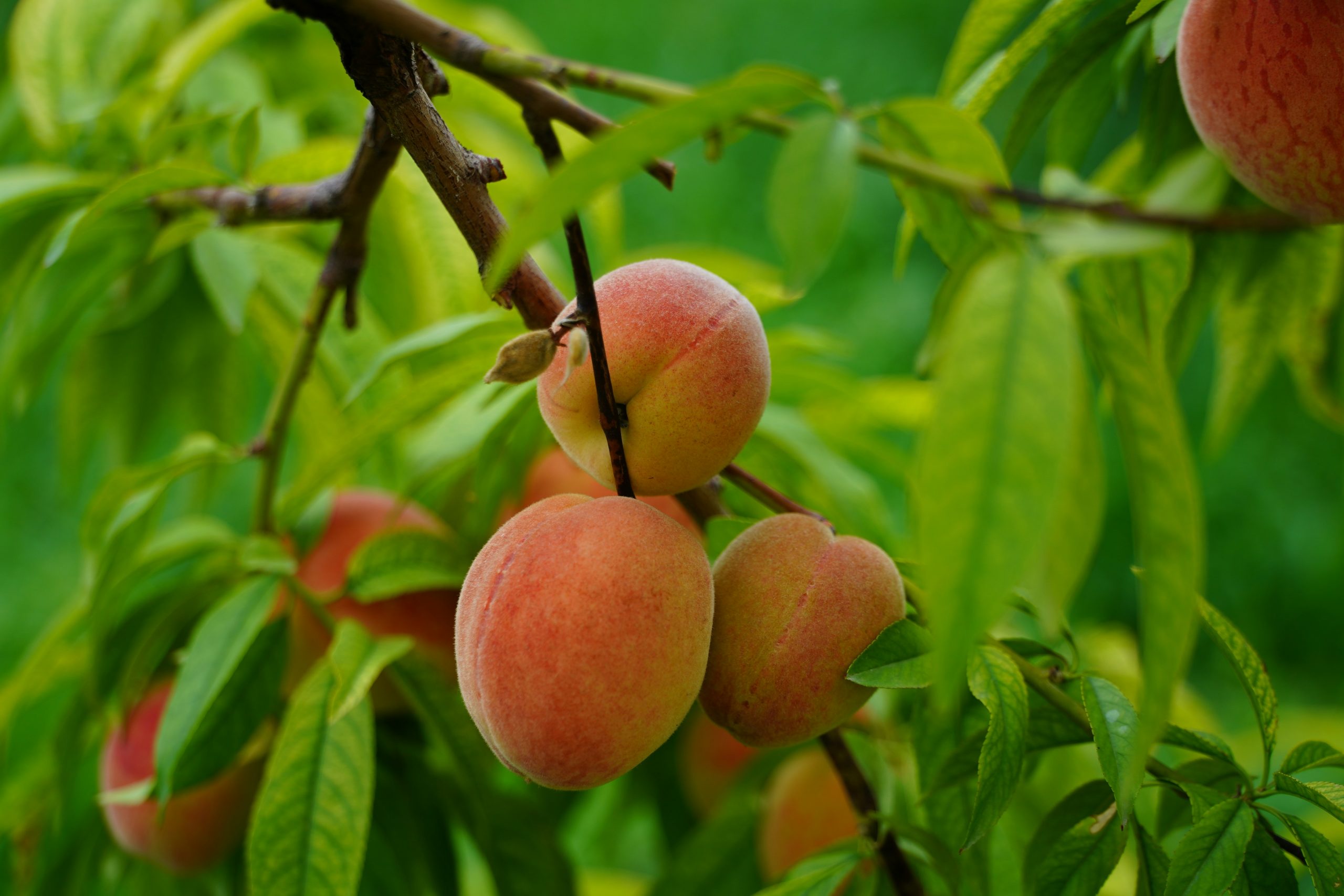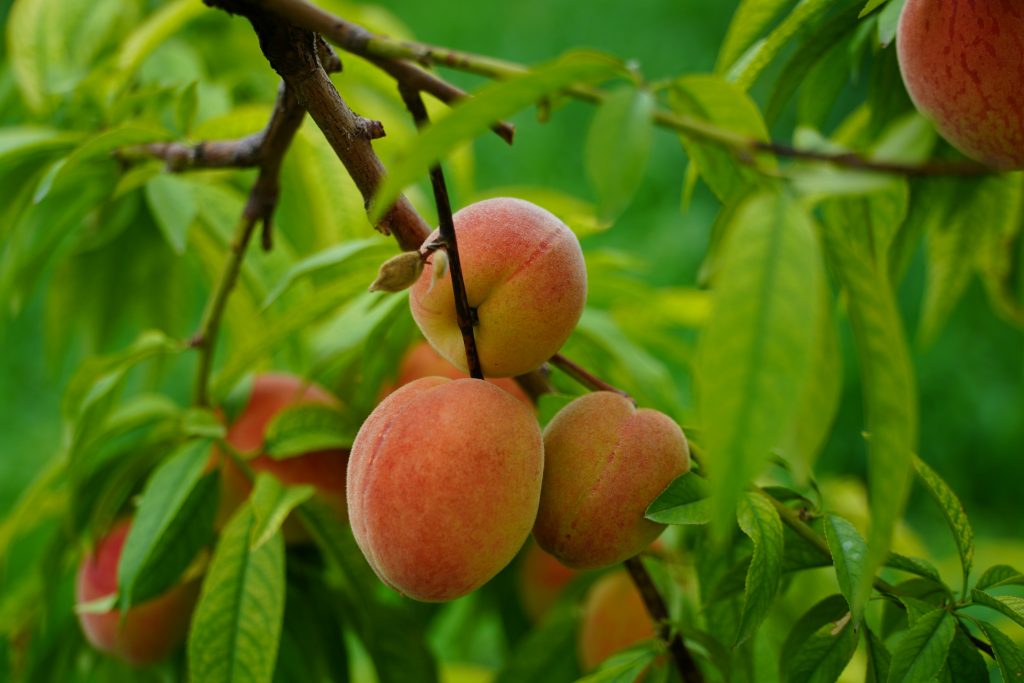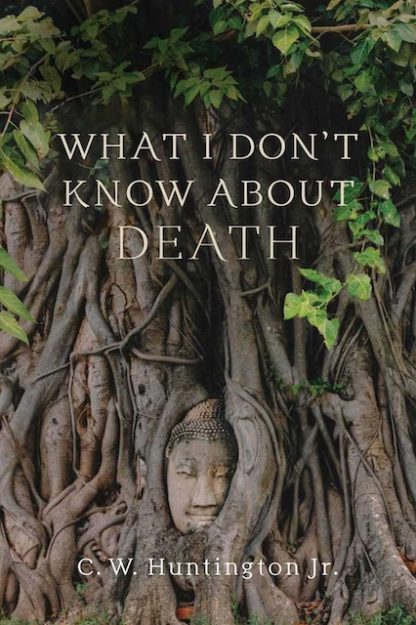A Pathless Land
The trouble with desiring and striving to be awakened The post A Pathless Land appeared first on Tricycle: The Buddhist Review.

The trouble with desiring and striving to be awakened
By C. W. Huntington, Jr. Jul 11, 2025 Image via 光曦 刘
Image via 光曦 刘As we grow, the ego or personality coalesces around a sense of agency. To be somebody is to have the capacity to make things happen, to take control of a situation and shape it to the dictates of my will. Politicians and entrepreneurs—experts at making things happen—are regarded as powerful, important people who are successful in life. We often admire such people because they accomplish big things and are rewarded for it with fame, status, and money. And yet this same conviction—that I am in essence an actor who can and must make things happen by exerting my will—becomes a prison. Ironically, the only desire as persistent and fundamental as the desire to act out of self-interest in order to achieve some goal and reap the benefits is its exact opposite: the desire to be free of the burden of the self and its endless fretting over status or money or power. But the more I long to be free of myself, the more such freedom eludes my grasp, because that very longing comes to define and therefore strengthen the ego.
Of course Buddhism is about waking up—not falling asleep—but it might be more accurate in this case to speak of falling awake, since Buddhist awakening is the paradigm of total, unreserved, and artless self-surrender. The desire to fall awake is a peculiar form of desire: a desire to cease desiring. And the path to awakening—to the extent that there is one—must embody a similarly contradictory form of striving: the striving to not strive. There is simply no way I can win at this game. The harder I twist and pull, the tighter the knot gets. At some point my only choice is to give up trying to not try, which is, of course, no choice at all. Giving up, as it turns out, is one thing I simply cannot choose to do. It is entirely outside the scope of my will.
Among Buddhist philosophers an ancient controversy revolves around the question of whether awakening comes about gradually, over time, or all at once, in a sudden flash of insight. There were those who suggested that both are true. Just as a peach begins as a hard, bitter fruit fastened tightly to the branch from which it hangs, so one’s sense of self takes shape in childhood and, if all goes well, matures as the years pass, growing firm and confident, holding tightly to the patterns of behavior and belief that nurture its inherent authority. But when one commits to a long-term monogamous relationship, or to parenting, or to spiritual practice, like the peach slowly ripening in the warm sun, this same sense of self gradually softens. Bit by bit the mind relaxes its grip on everything that formally provided it with the illusion of security until, finally, one day it simply lets go of the branch and falls.
If we look closely enough, with a patient eye for the subtle forces that are constantly at work in this ripening process, we would presumably see the fibers in the stem stretching and giving way, one by one, steadily moving toward the point when that last, single thread snaps and the ripe peach falls from the tree. Nevertheless, however long it might take to arrive, there’s nothing gradual about the moment when that last, microscopic fiber gives way. The instant when the mind finally lets loose of its compulsive need to feel in control—to make things happen or not happen—is both unpredictable and essentially timeless. Ripening is one thing; falling is another. If the fruit drops at all, it drops now. And this is precisely where the allegory fails, as must all our efforts to rationalize the spiritual life, for there simply is no self other than the one that clings to the branch. Absent clinging, there is no fruit to fall, no self to let go. But we cling. We lie awake all night worrying. We resent the demands our spouse or children make on our time and energy. The days and weeks go by, summer turns to fall, fall to winter. A whole lifetime passes. Snow falls and the fruit just hangs there, a withered, black knob clinging to the bare branch.
Ripening is one thing; falling is another.
The Indian mystic Krishnamurti once famously declared, in a speech delivered to hundreds of members of the Theosophical Society who regarded him as an incarnation of God, that truth is a pathless land. And indeed, just as some problems will not yield to rational analysis, so there are skills that cannot be learned by mastering a formula. What sort of rote training could allow us to give ourselves over without reservation to this evidently less than perfect world, a world where—to grossly understate the matter—events so often simply do not conform to our deepest wishes. The everyday frustrations of family life, friends, and work are a constant and unremitting threat to the ego’s striving for happiness and fulfillment. And in the face of what the philosopher Mark Johnston calls the large-scale structural defects of human life—“arbitrary suffering, the decay of corrosive aging, our profound ignorance of our condition, the isolation produced by ordinary self-involvement, the vulnerability of everything we cherish to time and chance, and, finally, to untimely death”—is it even possible to imagine a life worth living without some degree of self-deception? It seems to me that any prescribed response to this question must be either trivial or presumptuous. If there is—for lack of a better word—some kind of genuine reconciliation to be found, anything like redemption, then it must emerge from a deeply personal struggle, a struggle that is fundamentally different for each of us. So how are we to interpret the Buddhist claim to present a “path to awakening”? Can I really learn how to make myself fall awake by following a set of fixed rules applicable to anyone?
I referred above to the ancient Buddhist controversy about whether awakening is achieved gradually or all at once. There is as well a third alternative: awakening isn’t achieved at all. The Mahayana tradition has always maintained, in one way or another, that there is nothing to accomplish. The idea is baldly asserted in the Heart Sutra; it is also strongly implied in Nagarjuna’s baffling declaration that there is not the slightest difference between samsara and nirvana, suffering and its end, delusion and wisdom. But perhaps the most transparent illustration of this teaching is found in a Mahayana doctrine according to which all sentient beings possess buddha-nature (identified in Dzogchen with “naturally occurring timeless awareness”). In the Tibetan Dzogchen and Chinese and Japanese Chan/Zen traditions, the implications of this doctrine are spelled out in a parade of confounding practices designed to make it clear, in the most dramatic terms, that there is nothing whatsoever to strive for, since underneath or behind all the striving we are already—just as we are—fully awakened buddhas.
◆
© 2021 by C. W. Huntington Jr., What I Don’t Know About Death: Reflections on Buddhism and Mortality. Reprinted by arrangement with Wisdom Publications.
![]()
Thank you for subscribing to Tricycle! As a nonprofit, we depend on readers like you to keep Buddhist teachings and practices widely available.
This article is only for Subscribers!
Subscribe now to read this article and get immediate access to everything else.
Already a subscriber? Log in.

 FrankLin
FrankLin 





























_1.jpg)

